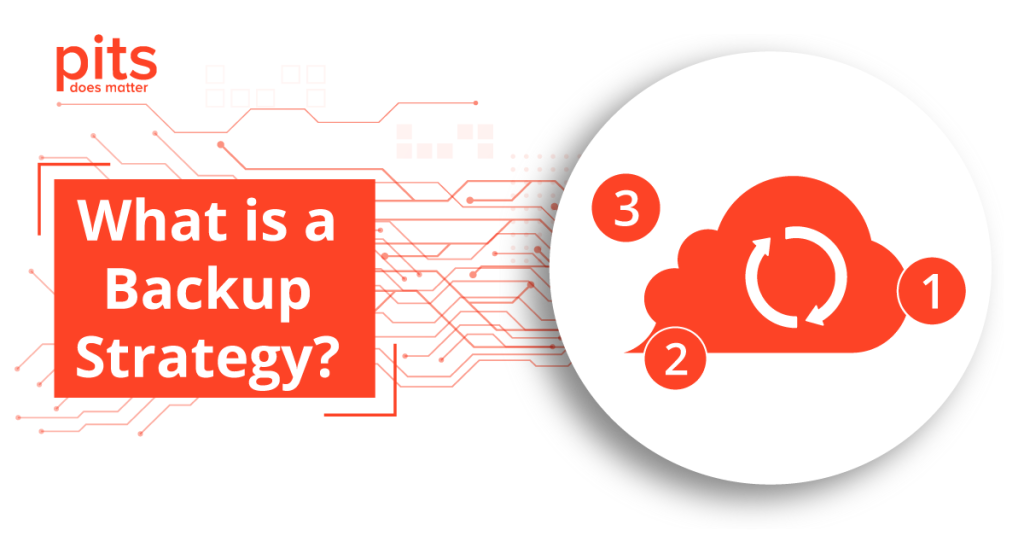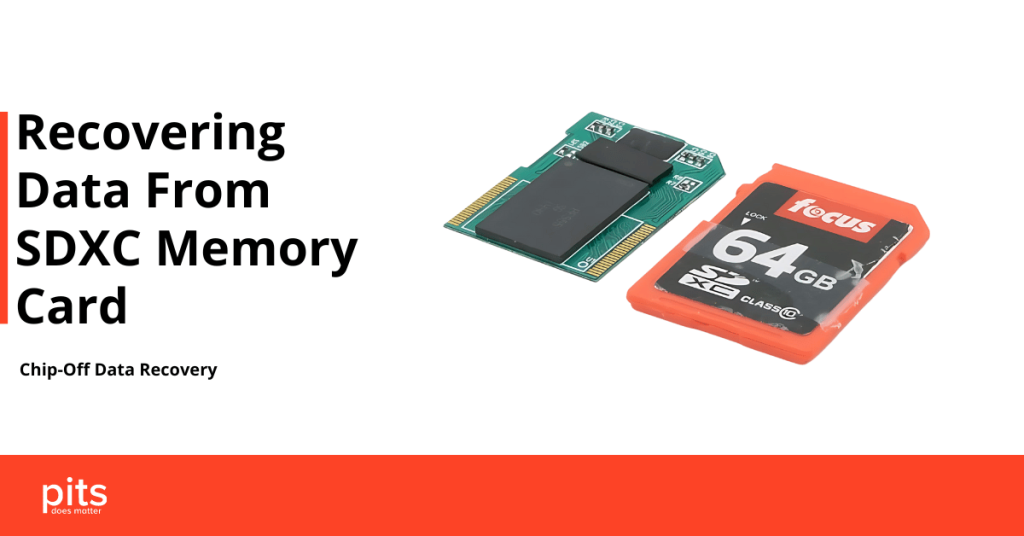Choosing the right hard drive is crucial for meeting your storage needs, whether for personal use, gaming, or professional applications. With various types of hard drives available, understanding their differences and benefits is essential for making an informed decision. This blog post will explore the main types of hard drives and provide guidance on selecting the best option for your requirements.
Types of Hard Drives
There are two primary types of hard drives: HDDs (Hard Disk Drives) and SSDs (Solid State Drives). Each type has its own advantages and disadvantages, which we’ll discuss below.
1. Hard Disk Drives (HDDs)
HDDs are traditional storage devices that use spinning disks to read and write data. They are commonly used for larger storage capacities at a lower price point.
Advantages:
- Cost-Effective: HDDs offer a lower price per gigabyte, making them ideal for users needing large amounts of storage without breaking the bank.
- High Capacity: Available in larger sizes, HDDs can provide several terabytes of storage.
Disadvantages:
- Slower Performance: HDDs are slower than SSDs due to their mechanical nature, which can affect loading times for applications and files.
- More Fragile: The moving parts in HDDs make them more susceptible to physical damage from drops or shocks.
2. Solid State Drives (SSDs)
SSDs use flash memory to store data, offering faster performance and reliability than traditional HDDs.
Advantages:
- Speed: SSDs are significantly faster than HDDs, resulting in quicker boot times, faster file transfers, and improved overall system performance.
- Durability: With no moving parts, SSDs are more resistant to physical damage, making them a safer option for portable devices.
Disadvantages:
- Higher Cost: SSDs are generally more expensive per gigabyte than HDDs, which can be a consideration for those needing large storage capacities.
- Limited Lifespan: SSDs have a limited number of write cycles, although this is less of an issue for typical users.
Choosing the Right Hard Drive
When selecting the right hard drive for your needs, consider the following factors:
1. Storage Needs
Assess how much storage space you require. If you need to store large files like videos, high-resolution images, or games, you might prefer an HDD for its larger capacity. Conversely, if you prioritize speed for tasks like gaming or video editing, an SSD may be the better option.
2. Budget
Determine your budget for a hard drive. If you’re on a tight budget, HDDs offer a more cost-effective solution. However, if performance is a priority and you can afford it, investing in an SSD can enhance your computing experience.
3. Usage Scenario
Consider how you plan to use the hard drive. For everyday tasks like web browsing and document storage, an HDD might suffice. For gaming, video editing, or running applications that require quick access to files, an SSD is likely a better fit.
4. Portability
If you need a portable storage solution, an SSD is more suitable due to its durability and lightweight design. HDDs, while available in portable formats, are generally bulkier and more susceptible to damage.
Conclusion
Selecting the right hard drive involves understanding the differences between HDDs and SSDs and evaluating your specific needs. By considering factors like storage requirements, budget, usage scenarios, and portability, you can make an informed choice that best suits your needs.


